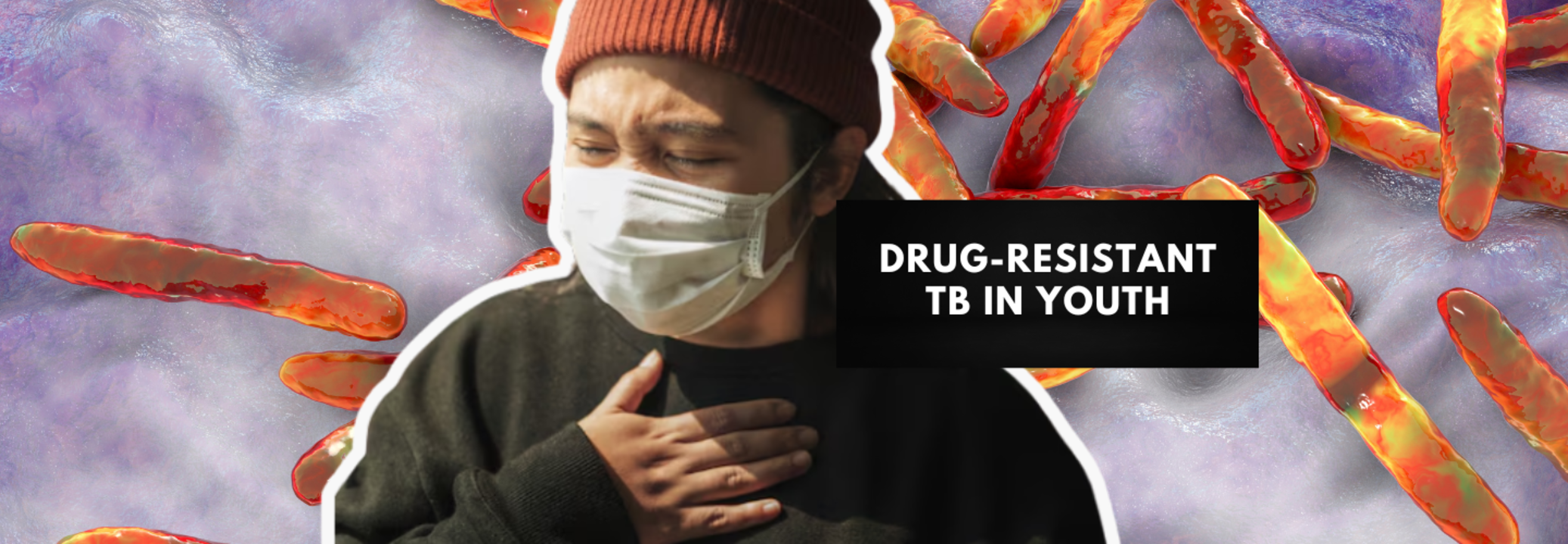With The Psychological Toll, Isolation And Heavy Costs, Drug- Resistant TB Might Be The Silent Epidemic Affecting Young Adults

Image Credits: Health and me
SummaryTuberculosis caused 1.3 million deaths in 2022. Drug-resistant TB cases have risen by 3% globally, with young adults increasingly vulnerable due to delayed diagnosis, stress, and lifestyle factors.
End of Article
